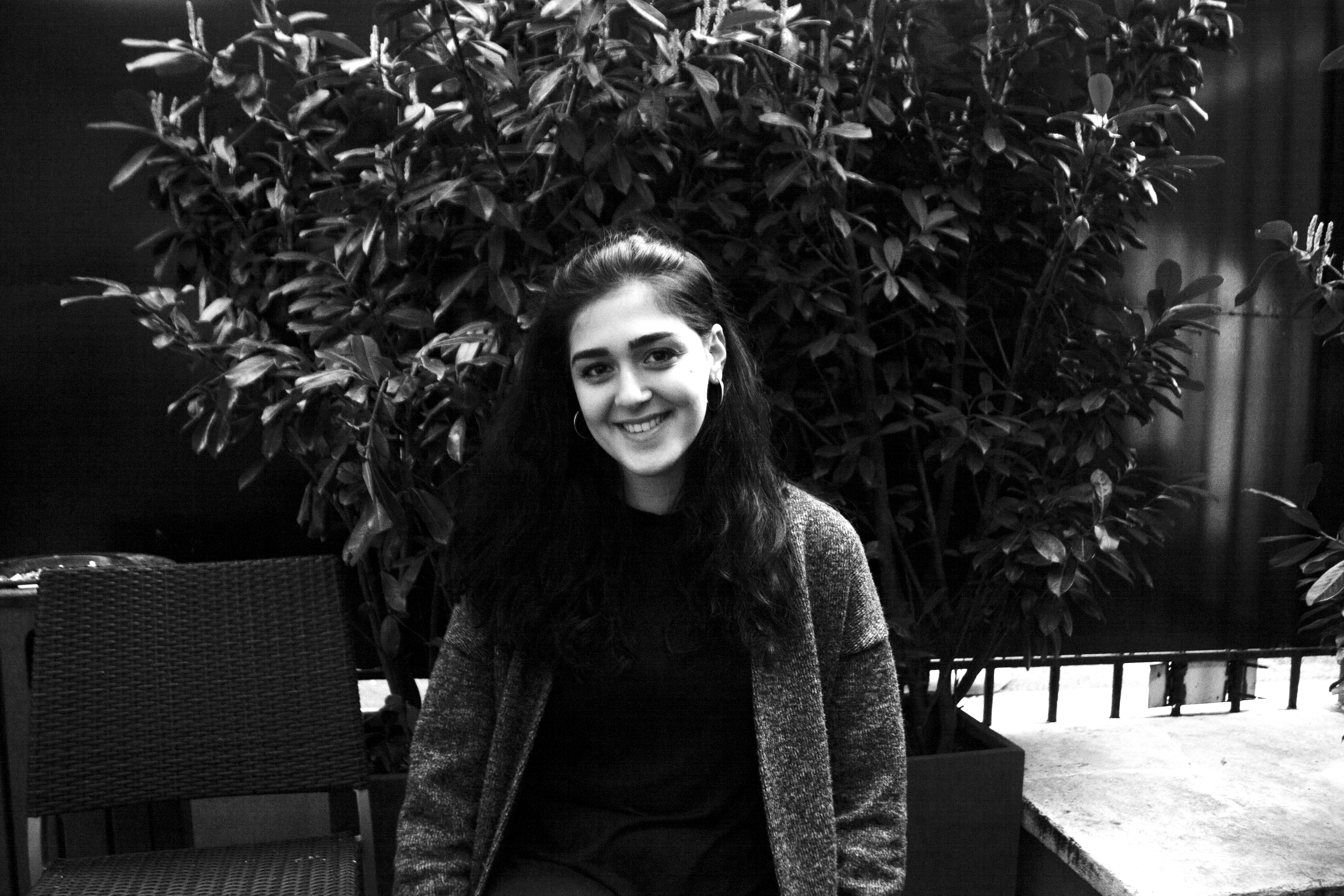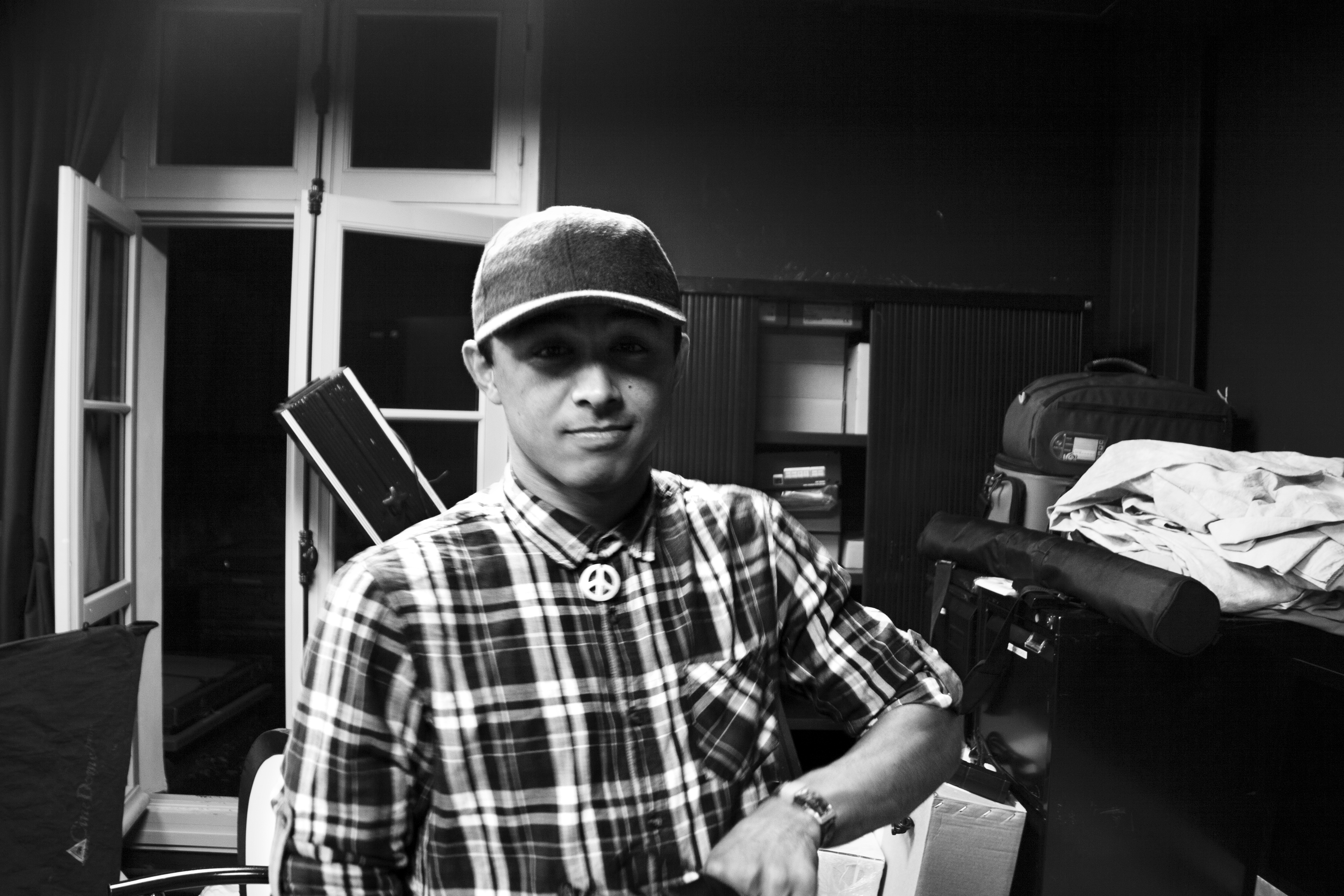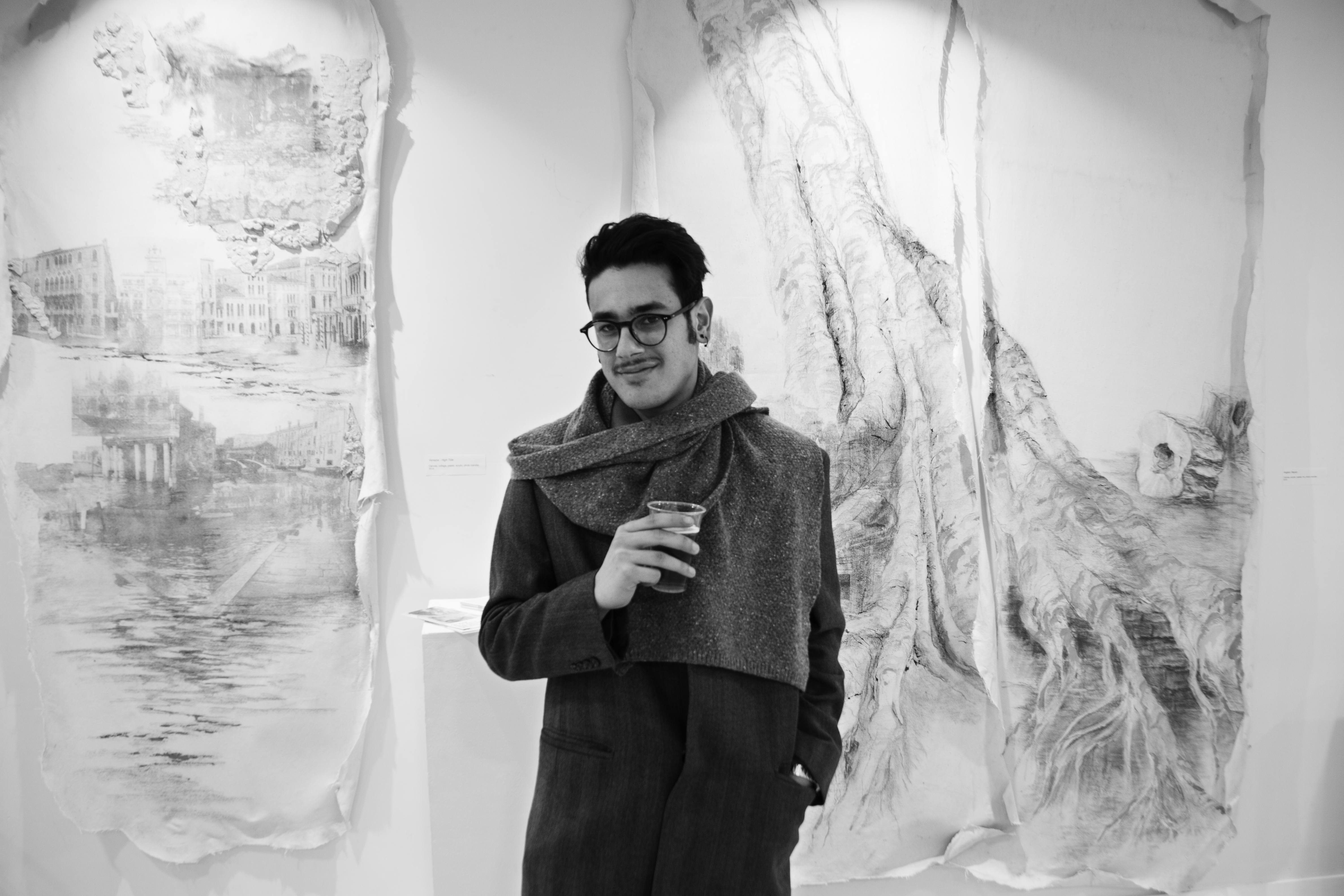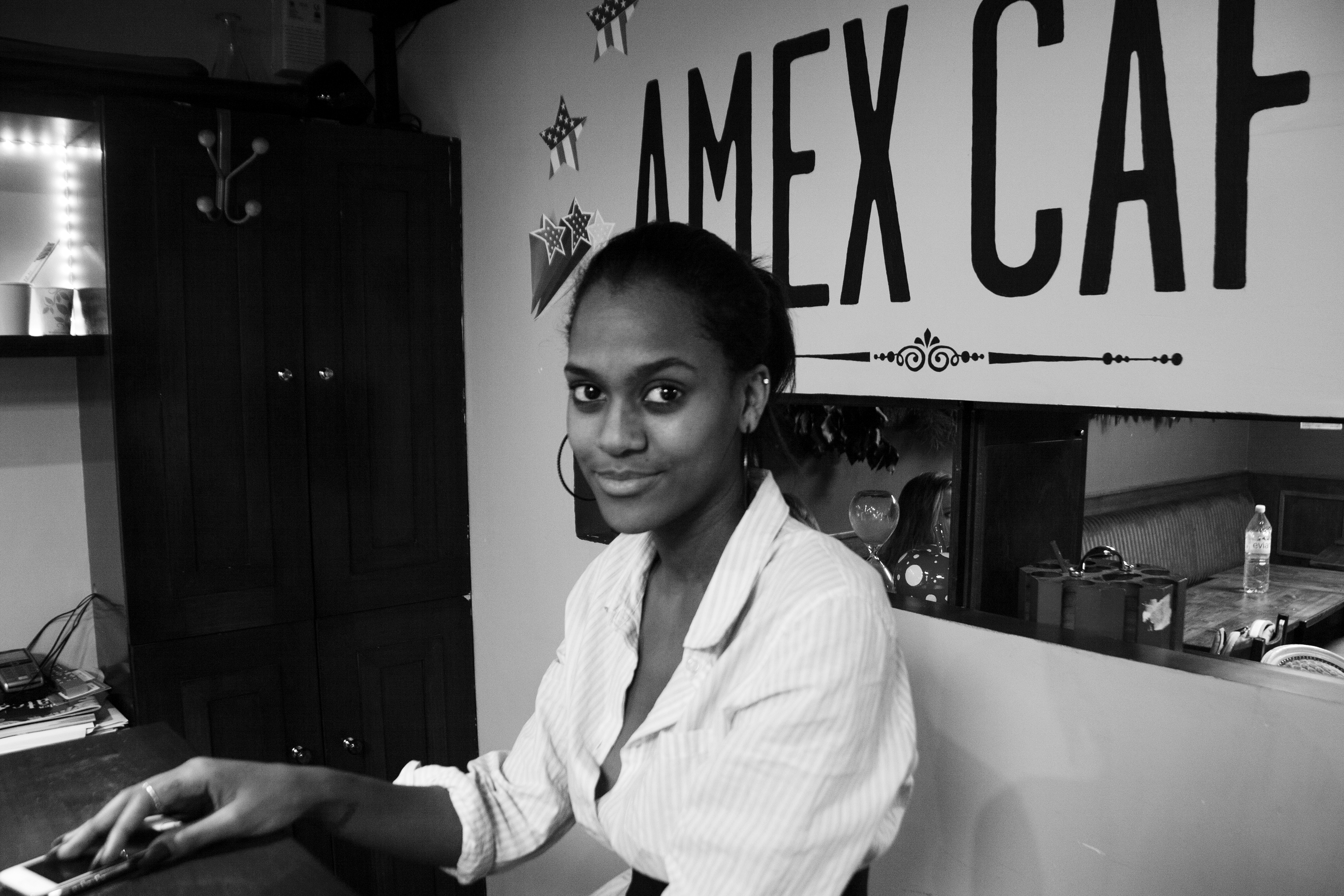Where Are You Really From?
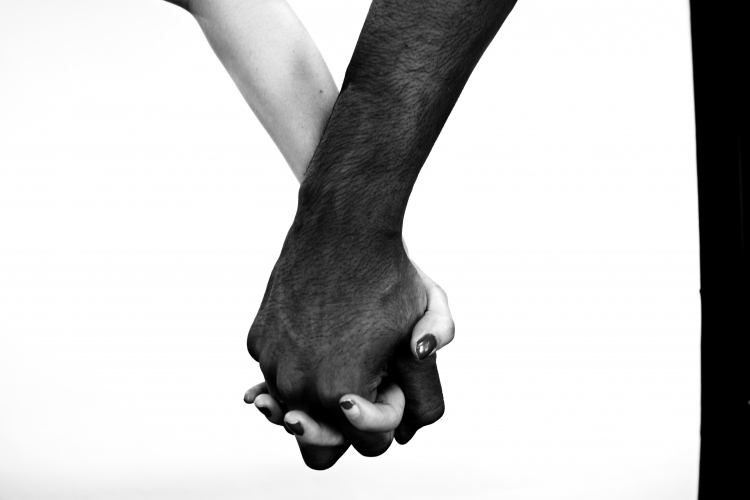
I was nine years old when I left Lagos, the city I was born in and the old capital, for Abuja—the new capital of Nigeria since 1991. I had just started to appreciate and grow curious about the world outside my own compound; friends, family and everything that I had known up until that point was left behind and I was terrified of starting over. Abuja became 'home' for the following four years, untill my brother and I moved to England. We moved around a few schools and our background was a staple of conversation and a strong variable influencing judgment and expectation. Over time, however, I grew to understand that while a very small amount of people sought out to offend me, most expressed a genuine fascination and curiosity about my foreignness.
I've lived in Paris for four years now, and AUP is easily the most diverse school that I have been to. To no surprise, the question "where are you from" swiftly followed by a "where are you really from" is a frequent course of conversation at AUP. And while the latter is a question that some find offensive and others hesitate to ask, I find that it is met with an eagerness that you wouldn't find in a more conservative setting. However, in the world outside of this university, this question is more often asked in a more intrusive way—and is a matter of life or death for some .Now, more than ever is a time when we must embrace our differences; in a time where difference is a justification for exclusion and expulsion.
"OUR BACKGROUND BECAME A STAPLE OF CONVERSATION AND A STRONG VARIABLE INFLUENCING JUDGEMENT AND EXPECTATION."
Image Credit: Safian Ado-Ibrahim
SALI CHEISHVILI (GEORGIAN):
"I didn't expect it to be hard for me when I came here, but I experienced a culture shock and it was difficult. Georgia is a religious country that is based on traditions and is, I hate to say, closed-minded; not because of religion but because of the historical context. This closed-mindedness made me want to leave the country for a while and to meet people, and this made me realize that it really doesn't matter where you're from, what matters is how you talk to people, how you communicate with each other, and there is no difference between each of us in that matter."
"Personally, I like to have both sides: Georgians by my side and the community outside of the Georgian one. And that is why I enjoy it here, because there are a lot of Georgians as well as people from other cultures. I don't feel like I've lost any values, just expanded on them. I enjoy telling people about my country. I don't get upset if they don't know much about it, I'm glad to educate them."
Image Credit: Safian Ado-Ibrahim
KEISHI RUPERT (OKINAWAN/AMERICAN)
"Sometimes I feel Japanese, sometimes I feel American. I definitely have more Okinawan qualities in my childhood, but the two working together, along with the marine corps culture, really shaped me. My answer to 'where are you from' really depends on who's asking. If Americans ask me, I say I'm American because I think it's easier; if I think it's a more cosmopolitan American I would say I'm Okinawan-American; if someone knows what's its like to be a military kid I'll tell them I'm a military kid; if a Parisian asks me, then I'm Japanese. I'd much rather be Japanese than American in Paris. "
"When I grew up in Japan, racism was almost a normal thingm because they were not used to seeing dark-skinned people like my father and myself. I never took offense to it. When I moved to America, my family drove down to Disneyland for my sisters birthday. We drove through southern Virginia and stopped by a barbecue place for lunch. My mother and sister took a moment outside for some fresh air while my father and I, the two darkest people in the family, sat in the diner. It was very southern in its decoration, and after we made our order this old lady stood up and walked towards us. Once she got to our table she said, 'You know sweetheart, you don't have to sit here by yourself. It's not like that anymore.' it took me a while to understand what she meant by that. Then another man approached us from the left side of the diner and said "You know, I'm very sorry if you feel very uncomfortable about the situation. It's not like that down here anymore boy." I've been oblivious to those sort of things ever since."
"WHEN I GREW UP IN JAPAN, RACISM WAS ALMOST A NORMAL THING BECAUSE THEY WERE NOT USED TO SEEING DARK-SKINNED PEOPLE LIKE MY FATHER AND MYSELF"
Image Credit: Safian Ado-Ibrahim
SALMA EL SABBAN (EGYPTIAN)
"I was born and raised in Egypt untill I was 11, when I went to boarding school in Kent, England. I was there for five years and then moved to the south of France before finally coming to Paris. I think the main difference that I've observed since being herem in comparison to Egypt, is the people; people are warm and friendly in Egypt, but here, I generally get a lot of attitude, especially because I don't speak the language. I love my country and I'm proud of it, so when people ask I'm happy to tell. I don't identity with the archaic mentality in Egypt though; I identify more with the new generation and people my age. At AUP, I feel like it's just normal to be Arab, as opposed to outside, so that's nice.
Image Credit: Safian Ado-Ibrahim
KHALID CHRISINAS (GREEK/EGYPTIAN):
"My parents are both Greek Egyptians and I was born in Greece. I moved to Paris for the education. I feel like people are more organized here when it comes to everyday life and their history. Although Egypt and Greece have great history, they don't respect what they have. So, France gets a point for their cultural and historical aspect, but Egypt and Greece get [a] point for the human aspect of things. People want to take care of one another and express empathy towards all, and I love that. I might live in Paris for a while, so I want to share the warm Greek/Egyptian mentality with people here. Sometimes, people point out my English and compliment me on it; I find it very flattering actually."
"PEOPLE WANT TO TAKE CARE OF ONE ANOTHER AND EXPRESS EMPATHY TOWARDS ALL, AND I LOVE THAT."
Image Credit: Safian Ado-Ibrahim
MAKENNA MARIA (KENYAN):
"Living here has changed the way I dress; I'm more conservative back home. The language barrier has also made me adapt to a new community. I feel like you're more exposed to an American culture here at AUP until you leave the grounds. Well, at least that's how it seems. Kenya will always be home, but being here has made me more open-minded about other cultures. I've never felt the need to say I'm from a western country, even though I've lived in one for many years,because I'm proud of my heritage. I used to study in London, and whenever I said I was Kenyan but studied in England for a while, people disregarded the part about Kenya completely. Show some interest; it's much more beneficial to talk it out."
"KENYA WILL ALWAYS BE HOME BUT BEING HERE HAS MADE ME MORE OPEN-MINDED ABOUT OTHER CULTURES."
While many of us will find it hard to assimilate into another culture, and though we will be confronted with textured smiles that come under the guise of curiosity, remember that these conversations are a chance to undo the stereotypes and misconceptions. Though a hyphenated identity may be challenged, understand that no opinions will change the facts of reality. Now, more than ever, we must embrace our differences and otherness and not fall into the false comfort that is the duality of self. I haven't been back to Nigeria for 5 years, and at this point in my life, I feel like a wanderer with some sort of Nigerian anchoring. I hope that one day, all my experiences can lead me back to where I'm really from.

